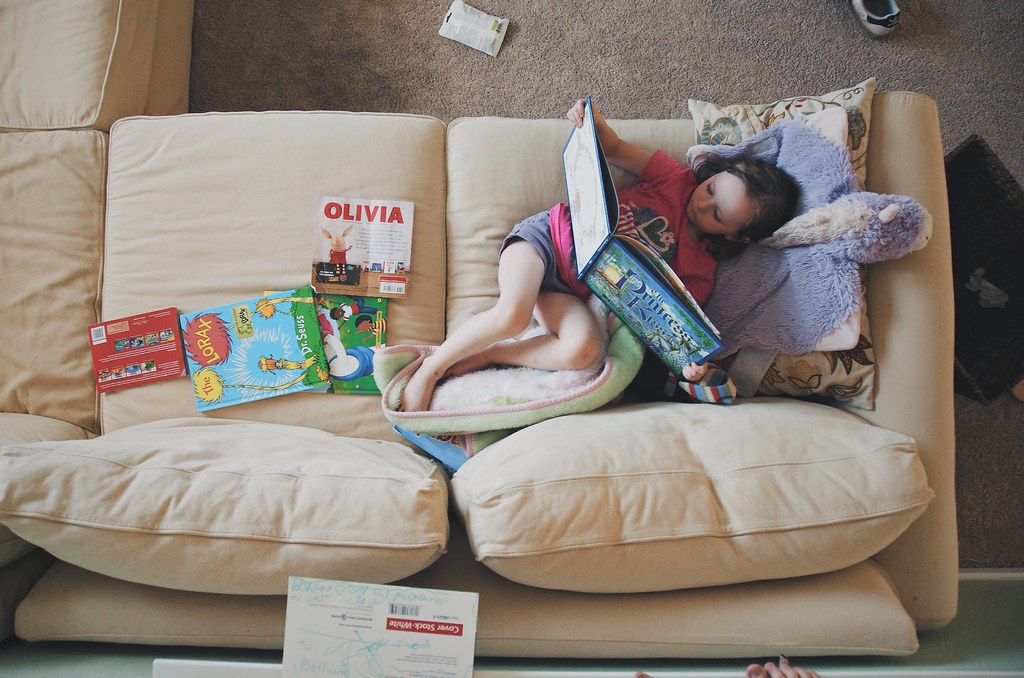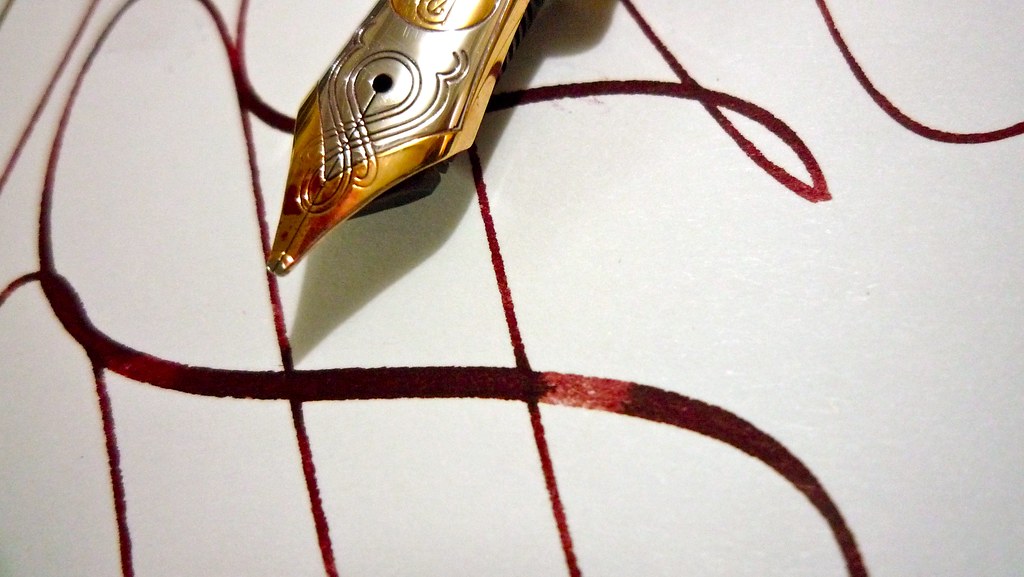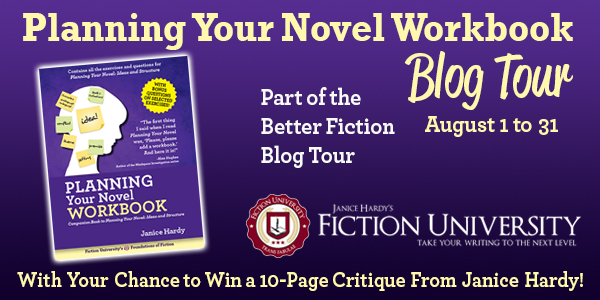Hey guys! I've got a very special guest post today from award-winning author of The Healing Wars trilogy,
Janice Hardy! Today she's talking about story structure, so hope you guys enjoy!
I've never been a "wing it" kind of gal, so story structure has always appealed to me. I find it comforting, and it lets me worry about the story itself and not whether or not I'm missing anything important. Even better, I can quickly drape any idea I have over my favorite structure to see if there's actually enough there to write an entire book.
If there is, then understanding basic story structure makes both the plotting and the writing of that book a lot easier. Story structure offers plot turning points to aim for and provide a framework for the plot. Even if you're a pantser, structure can help during revisions when you have a first draft done and want to make sure all your plot points are working.
Some writers worry that structure will create a formulaic novel. If you follow them exactly and take them literally, then yes, that
could happen, but the strength of story structure is to let it guide you and remind you of the important plot elements of a novel. The turning points are more conceptual and suggest
types of situations to aim for. And even when a novel does follow them exactly, if done well, readers don't even notice. The novel feels tightly plotted, not predictable.
How Story Structures Work
Structure is like the line drawings in a coloring book. How you create your story (color in the line drawings) is up to you, but the structure provides guides and boundaries to help keep you focused. Turning points such as, "leave the ordinary world" are just a way of saying, "the protagonist does something new that starts the plot." This can be a literal "enter a magic wardrobe and discover Narnia," or "decide to wear a dress to school for the first time ever to catch the eye of the boy you like."
Each turning point represents a major shift in what the protagonist is experiencing, and the choices she has to make to move forward.
Why You Want to Use a Story Structure
What makes any structure so valuable as a tool is that the details of each turning point can be anything you want them to be. The structure is just a frame to hang the story on, and having solid, proven turning points can help you decide what events need to happen to get the most out of your own plot.
They also help you find holes in your plot and places where the stakes might need to be raised. If you notice the protagonist never fails, that's a red flag that you might not have enough at stake or enough conflict driving the plot. Or you might not have a solid character arc that allows your protagonist to grow. Structure is a guide, and the scenes and problems encountered are all up to you.
My Favorite Choice: The Three Act Structure
Although there are many common structure, my favorite is the Three-Act Structure. Not only is it the most common story structure out there, it's an easy to use structure for both beginning and experienced writers.
People have broken the Three-Act Structure down in a myriad of ways, but it unfolds basically like this:
Act One: The Beginning (The Setup and Discovery of the Problem)
Act one is roughly the first 25% of the novel and focuses on the protagonist living in her world and being introduced to the problems she needs to resolve. Something about her life is making her unhappy, but she’s not yet ready to do anything about it. She might not even be aware of the problem, but feels unsatisfied in some way. She's presented with an opportunity to change her life, and she either accepts the challenge or tries to avoid it and gets dragged into it anyway. By the end of the first act, she's on the plot path that leads to the climax of the novel.
Act one is all about showing the protagonist's world (her life, dreams, issues, etc, as well as the literal setting) and letting readers see the problems and flaws she'll need to overcome to get what she ultimately wants. In essence, it's where you say "See how messed up this gal's life is? This is what she has to fix before she can win."
Act Two: The Middle (Figuring Things Out)
Middles make up roughly 50% of a novel. The protagonist leaves what’s familiar to her and undergoes a series of challenges that will allow her to get what she wants and solve the Act One problem. She struggles and fails repeatedly, learning the valuable lessons she’ll need in Act Three to defeat the antagonist.
Good middles show this struggle and growth, and braids together the plot and subplots, crashing the conflicts against each other. Each clue, discovery, and action brings the protagonist closer to the Act Two disaster that sends her hurtling toward the climax and resolution of the novel. She’ll start off with some level of confidence, sure of her plans, but as things spiral out of control she’ll become more and more uncertain and filled with self-doubt until she’s forced to consider giving up entirely.
Act Three: The End (Facing the Antagonist and Resolving the Problem)
The ending is the last 25% of the novel. The protagonist decides to take the problem to the antagonist. She’ll use all the things she’s learned over the course of the novel to outwit and defeat that antagonist. They battle it out, and she’ll win (usually), then the plot wraps up and readers see the new world the protagonist lives in, and the new person she’s become after undergoing these experiences.
The final battle with the antagonist doesn’t have to be an
actual battle, just two conflicted sides trying to win. The protagonist gathers herself and any allies and challenges the antagonist. There is often a journey involved, either metaphorical or literal, as a final test.
Having a general sense of how these three acts unfold in your novel can be enough information for you to write it. Structure doesn't have to be a detailed outline of every scene and what happens. It's just a frame in the shape of the story you want to tell.
Do you use a story structure? If so, which one?
Win a 10-Page Critique From Janice Hardy
Three Books. Three Months. Three Chances to Win.
To celebrate the release of my newest writing books, I'm going on a three-month blog tour—and each month, one lucky winner will receive a 10-page critique from me.
It's easy to enter. Simply visit leave a comment and enter the drawing via Rafflecopter. One entry per blog, but you can enter on every stop on the tour. At the end of each month, I'll randomly choose a winner.
a Rafflecopter giveaway

Looking for tips on writing your novel? Check out my book
Planning Your Novel: Ideas and Structure, a series of self-guided workshops that help you turn your idea into a novel, and the just-released companion guide, the
Planning Your Novel Workbook.
Janice Hardy is the award-winning author of
The Healing Wars trilogy and the
Foundations of Fiction series, including
Planning Your Novel: Ideas and Structure, a self-guided workshop for planning or revising a novel, and the companion
Planning Your Novel Workbook. She's also the founder of the writing site, Fiction University. For more advice and helpful writing tips, visit her at
www.fiction-university.com or @Janice_Hardy.
Website |
Facebook |
Twitter |
Goodreads |
Amazon |
Barnes & Noble |
iTunes |
Indie Bound
Twitter-sized bite:
Author @Janice_Hardy talks the benefits of story structure on @Ava_Jae's blog + a giveaway! (Click to tweet)

















